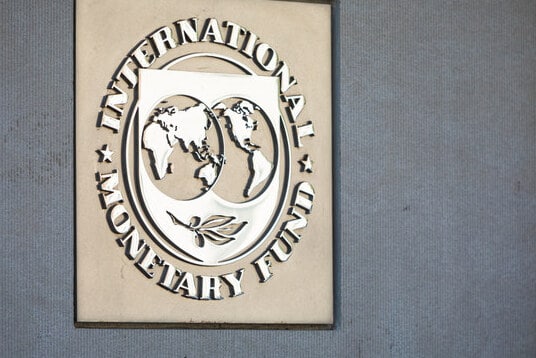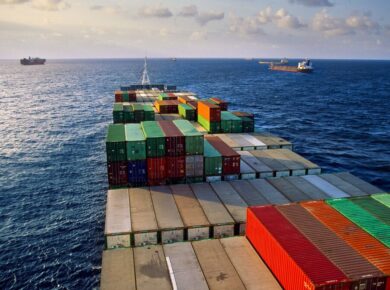The International Monetary Fund (IMF) has revised its growth projection for Saudi Arabia upward to 3.1% for 2023
The International Monetary Fund (IMF) has revised its growth projection for Saudi Arabia upward to 3.1% for 2023. The announcement was made on Wednesday, following the IMF’s latest review of the Saudi Arabian economy.
The revised growth projection is a positive development for Saudi Arabia, which has been working to diversify its economy and reduce its reliance on oil revenues. The country has been implementing a number of reforms over the past few years, including the introduction of new taxes, the privatization of state-owned assets, and the expansion of the non-oil sector.
The IMF’s decision to revise its growth projection is based on a number of factors, including the implementation of these reforms and the expected recovery of the global economy from the COVID-19 pandemic.
According to the International Monetary Fund report, the Saudi Arabian economy is expected to grow by 2.1% in 2021 and 4.8% in 2022, before reaching 3.1% in 2023. This growth is expected to be driven by a number of factors, including increased government spending, a recovery in the non-oil sector, and the implementation of structural reforms.
One of the key factors driving the growth of the Saudi Arabian economy is increased government spending. The government has been increasing its spending in recent years to support economic growth and diversification. This includes investing in infrastructure projects, such as the construction of new airports and railways, and increasing funding for social programs.
In addition, the expansion of the non-oil sector is expected to play a significant role in driving economic growth. The government has been working to promote the development of non-oil industries, such as tourism, manufacturing, and technology. This has included the establishment of new economic cities, such as NEOM and the Red Sea Project, which are designed to attract foreign investment and create new job opportunities.
The implementation of structural reforms is also expected to have a positive impact on the Saudi Arabian economy. The government has been working to reduce bureaucracy and increase transparency in the business environment. This includes the introduction of new regulations to protect investors and promote entrepreneurship.
The International Monetary Fund report notes that the outlook for the Saudi Arabian economy is subject to a number of risks, including the ongoing COVID-19 pandemic and geopolitical tensions in the region. However, the report also notes that the government’s response to these risks has been strong, including the implementation of measures to support businesses and individuals affected by the pandemic.
The International Monetary Fund’s revised growth projection is likely to have a positive impact on investor confidence in the Saudi Arabian economy. The country has been working to attract foreign investment to support its economic diversification efforts, and a stable economic outlook is likely to make the country more attractive to investors.
In addition, the revised growth projection is likely to have implications for the oil market. Saudi Arabia is one of the world’s largest oil producers, and the country’s economic growth is closely linked to oil revenues. A stable economic outlook for the country may provide some stability to the oil market, which has been volatile in recent years.
Overall, the International Monetary Fund revised growth projection is a positive development for Saudi Arabia, which has been working to diversify its economy and reduce its reliance on oil revenues. The country’s economic growth is expected to be driven by increased government spending, the expansion of the non-oil sector, and the implementation of structural reforms.
While there are risks to the outlook, the government’s response to these risks has been strong, and the country’s economic outlook is likely to have a positive impact on investor confidence and the oil market.





